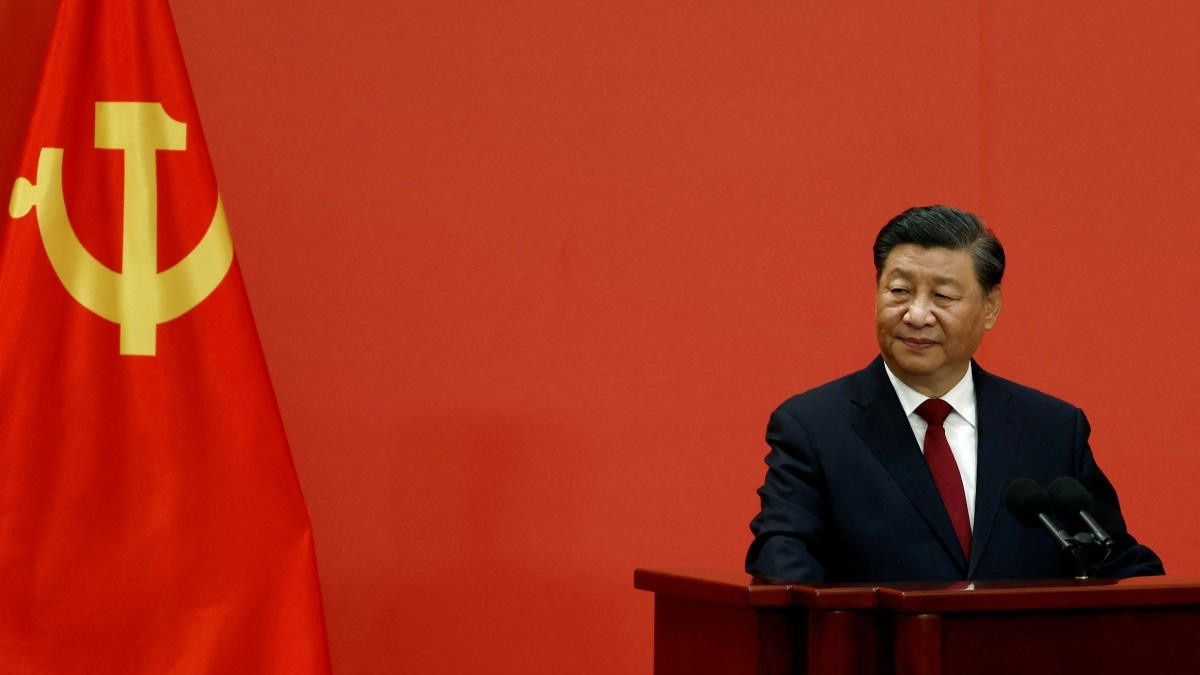
Policy Shifts in Overseas Travel Regulations
Recent regulatory updates have significantly altered the landscape of international travel for government employees in China. These measures, aimed at curbing potential misuse of public resources, now mandate stringent approval processes for any overseas trips, whether for personal or professional purposes. The policy shift underscores a growing emphasis on transparency and accountability within the public sector. Previously, personal travel was subject to review, but the new framework has expanded oversight to include even routine international engagements. This change is particularly notable for its application to ‘ordinary research, exchange, and study’ trips, which are now categorically prohibited. The rationale behind this move appears to be multifaceted, encompassing both fiscal responsibility and the prevention of conflicts of interest. As a result, public officials must now navigate an increasingly complex bureaucratic landscape when planning international travel, with the potential for significant delays or rejections in their applications.
Impact on Public Sector Employment and Education Qualifications
The latest policy reforms have introduced additional constraints on the career trajectories of public sector employees. Notably, individuals who have completed their education abroad are now facing new barriers to holding certain government positions. This provision has sparked considerable debate, with critics arguing that it may inadvertently penalize those who have pursued advanced degrees overseas. The policy appears to be part of a broader strategy to consolidate control over the public workforce, ensuring that appointments are made based on domestic qualifications and loyalty to national interests. While the government has not provided explicit justification for this measure, experts speculate that it may be intended to reduce the influence of foreign educational systems on domestic governance. This development has raised concerns about the potential for discrimination against highly qualified professionals who have studied abroad, particularly in fields such as technology and engineering, where international education is often regarded as a competitive advantage.
Broader Implications for Government Accountability
The comprehensive overhaul of travel and employment policies signals a broader trend toward increased governmental oversight of public officials’ personal and professional activities. This shift is part of a larger initiative to enhance transparency and reduce opportunities for corruption. By imposing stricter controls on international travel, the government is effectively limiting the ability of officials to engage in activities that could compromise their impartiality or create conflicts of interest. The disqualification of overseas-educated employees from certain positions further reinforces this focus on domestic loyalty and alignment with national priorities. While these measures may be seen as necessary for maintaining integrity in public service, they have also raised questions about the balance between regulatory oversight and individual rights. Critics argue that such policies could stifle innovation and limit the diversity of perspectives within the public sector, potentially hindering the country’s ability to address complex global challenges.
Reactions and Future Outlook
The implementation of these new regulations has elicited a range of responses from both the public and private sectors. While some view the measures as essential for preventing corruption and ensuring ethical governance, others have expressed concerns about their potential impact on professional mobility and international collaboration. Industry experts warn that the restrictions on overseas travel could affect China’s ability to attract and retain global talent, particularly in sectors reliant on international expertise. Meanwhile, the disqualification of overseas-educated employees has sparked discussions about the fairness of the policy, with some advocating for a more nuanced approach that recognizes the value of international education without compromising national interests. As these policies take effect, their long-term implications for governance, innovation, and international relations will likely become more apparent, shaping the future direction of China’s public administration.
Comparative Context and Global Trends
China’s recent regulatory changes place it in a broader global context of increasing governmental scrutiny of public officials’ personal activities. Similar measures have been observed in other countries, where governments have sought to enhance transparency by imposing stricter controls on travel and employment practices. However, the scale and scope of China’s reforms are particularly notable, reflecting a unique approach to governance that prioritizes centralized control and national interests. This approach contrasts with more decentralized systems where public officials may have greater autonomy in international engagements. The effectiveness of these policies will depend on their implementation and the extent to which they achieve their intended goals without creating unintended consequences. As global trends continue to evolve, China’s regulatory framework may serve as a model or cautionary tale for other nations seeking to balance oversight with the need for innovation and international cooperation.



